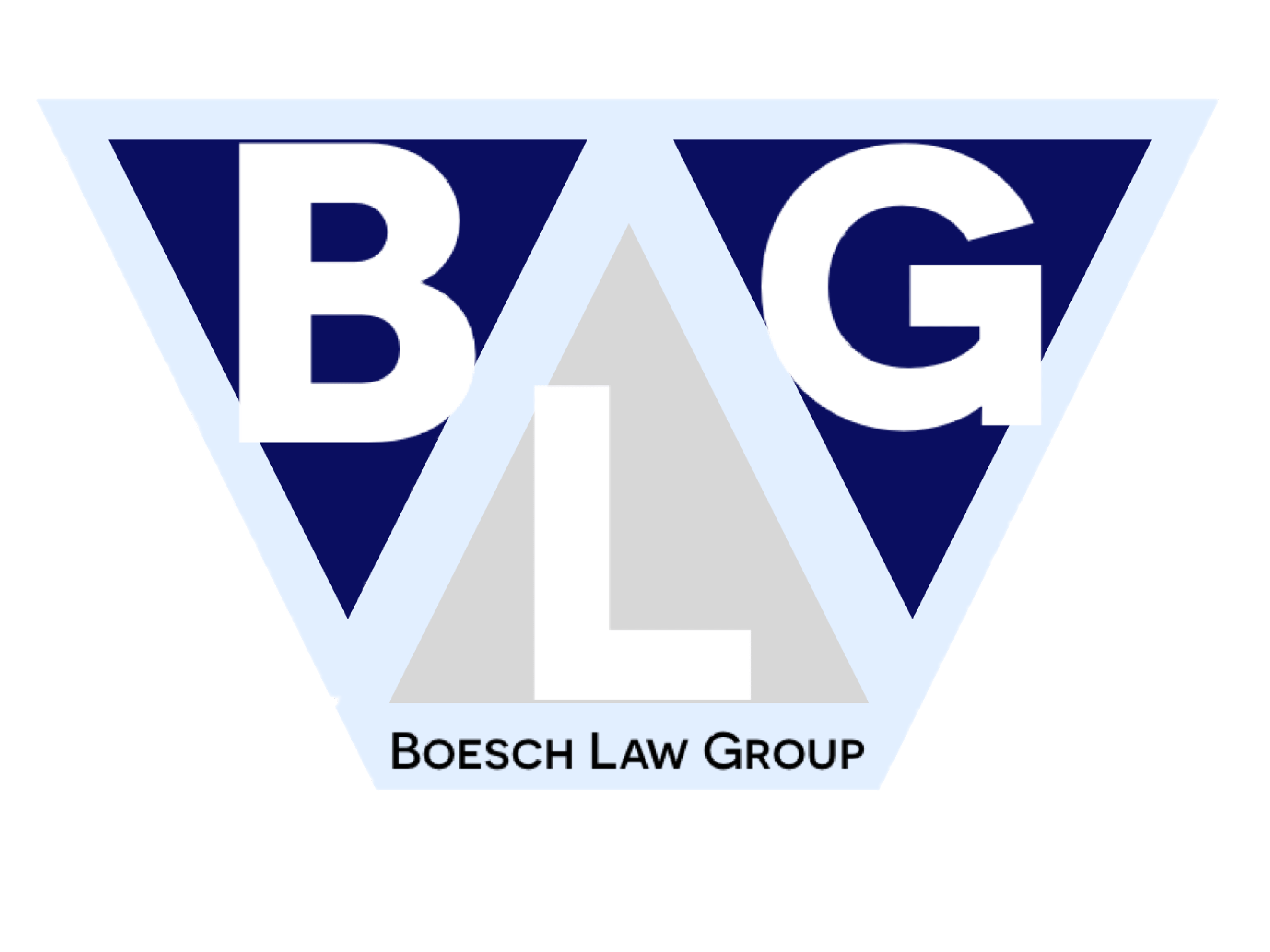Non-competition Clauses
Many business contracts—whether partnership agreements, distribution agreements, operating agreements, or employment agreements—include non-competition clauses. When two parties are doing business together, important and sometimes confidential information and trade secrets are passed or learned; and so it is natural for businesses to protect themselves with contract clauses designed to prevent contract associates or partners from taking their clients or customers. But because public policy favors “free and open competition,” clauses restraining competition are narrowly construed, limited and sometimes plainly prohibited. Knowing the rules, what works and what doesn’t, is essential business practice—and at the Boesch Law Group, our professionals have negotiated, drafted and litigated all types of competition clauses.
When business partners split, executives decide to leave a company, or business contracts end, questions ultimately arise about what happens next.
Non-compete Agreements
Non-compete agreements are governed in California by California Business & Professions Code §16600. The statute provides that “every contract by which anyone is restrained from engaging in a lawful profession, trade, or business of any kind is to that extent void.” However, there are exceptions to this rule, and it does not apply in certain situations, for example, when a business is bought or sold.
California Laws Favor Open Competition
California courts consistently interpret the non-competition statute in favor of open competition and employee mobility. The law protects California workers and ensures that every citizen shall retain the right to pursue any lawful employment and enterprise of their choice. It protects the important legal right of persons to engage in businesses and occupations of their choosing. In finding that a non-competition agreement was invalid because it restrained an employee’s ability to practice his accounting profession, the California Supreme Court in Edwards v. Arthur Andersen LLP (2008), 44 Cal. 4th 937, stated plainly that it “generally condemns non-competition agreements.” This condemnation arises out of the theory that the interests of the employee in his own mobility and betterment are deemed paramount to the competitive business interests of the employers. See Dowell v. Biosense Webster, Inc. (2009), 179 Cal. App. 4th 564, 575.
California Laws Support Specific Skill Sets
Non-compete agreements are regularly invalidated in cases where the departing employee is a professional with a specific set of skills. For instance, in Hill Med. Corp. v. Wycoff (2001), 86 Cal. App. 4th 895, a radiologist’s professional practice consisted solely of providing radiology services, so the non-competition agreement would effectively prevent him from practicing his trade. Therefore, the court ruled that the agreement was void.
Protecting Trade Secrets
Many businesses argue that non-compete agreements are necessary in order to protect trade secrets. Indeed, where narrow restraints prohibit employees from using confidential information taken from the former employer, the courts occasionally have held such provisions to be lawful. If, however, there is an outright prohibition on competition, the agreement will be void. See Hair Club for Men, LLC v. Elite Solutions Hair Alternatives, Inc. (2007), U.S. Dist. LEXIS 30167.
Furthermore, in fairly recent cases, the courts have even questioned whether the protection of trade secrets is a valid exception to the rule against non-compete agreements. For example, in Dowell v. Biosense Webster, Inc. (2009), 179 Cal. App. 4th 564, 577, the court stated, that “…we doubt the continued viability of the common law trade secret exception to covenants not to compete”. In Richmond Techs, Inc. v. Aumtech Bus Solutions (2011), U.S. Dist. LEXIS 71269, 60-61, the court ruled that non-solicitation and non-interference provisions in a non-disclosure agreement would likely be unenforceable under California law, considering that “[o]ther cases suggest that case law protecting trade secrets does not actually create an exception to Section 16600, but instead enables courts to enjoin the misuse of trade secrets as an independent wrong, either as a tort or a violation of the Unfair Competition Law.” The court ultimately ruled that the provisions would have the effect of restraining defendants from pursuing their chosen business and professions if enforced.
Exceptions to the Rule
Despite broad judicial condemnation of non-compete clauses, it is clear that the statute does not apply to clauses included with the sale of businesses, whether corporations, partnerships, and LLCs. The exception serves an important commercial purpose by protecting the value of the business acquired by the buyer. In the case of the sale of the goodwill of a business, the reasoning goes, it is unfair for the seller to then engage in competition with his old business, which will diminish the value of the asset that he sold. The exception permits a business purchaser to protect itself against competition from the seller which would reduce the value of the acquired business. In such cases, the non-compete agreement often is a material part of the purchase and sale of the business and is intended to protect the business’ goodwill, for which the seller received compensation as part of the transaction. The limitations applied by these exceptions must still not circumvent California’s deeply-rooted public policy favoring open competition. The non-compete portion of the sales contract must clearly state that it falls within the limited exception, and the practical effect of the transaction and the economic realities must be considered.
A Good Business Lawyer Can Help You Win Your Battle
The Boesch Law Group has considerable experience dealing with non-compete agreements, both in pre-litigation negotiation, mediation and in litigation. Whether you are drafting, negotiating, enforcing or attacking a non-competition clause, you should consult with an experienced business lawyer who can advise you as to the latest developments in the law and how they may apply to your situation. Our Los Angeles-based business attorneys at the Boesch Law Group are highly skilled in this area and can advise you of your rights.
DISCLAIMER: The materials on this website are for general information purposes only and should not be construed as legal advice, legal opinion or any other advice on any specific facts or circumstances. Readers should not act or refrain from acting upon this information without seeking professional advice.
Transmission of information on or by use of this website is not intended to create, and receipt does not constitute, a lawyer-client relationship between the sender and receiver. Such communications will not be treated as confidential. Photographs and other graphics may be for dramatization purposes only and may include models. Likenesses do not necessarily imply current client, partnership or employee status.

